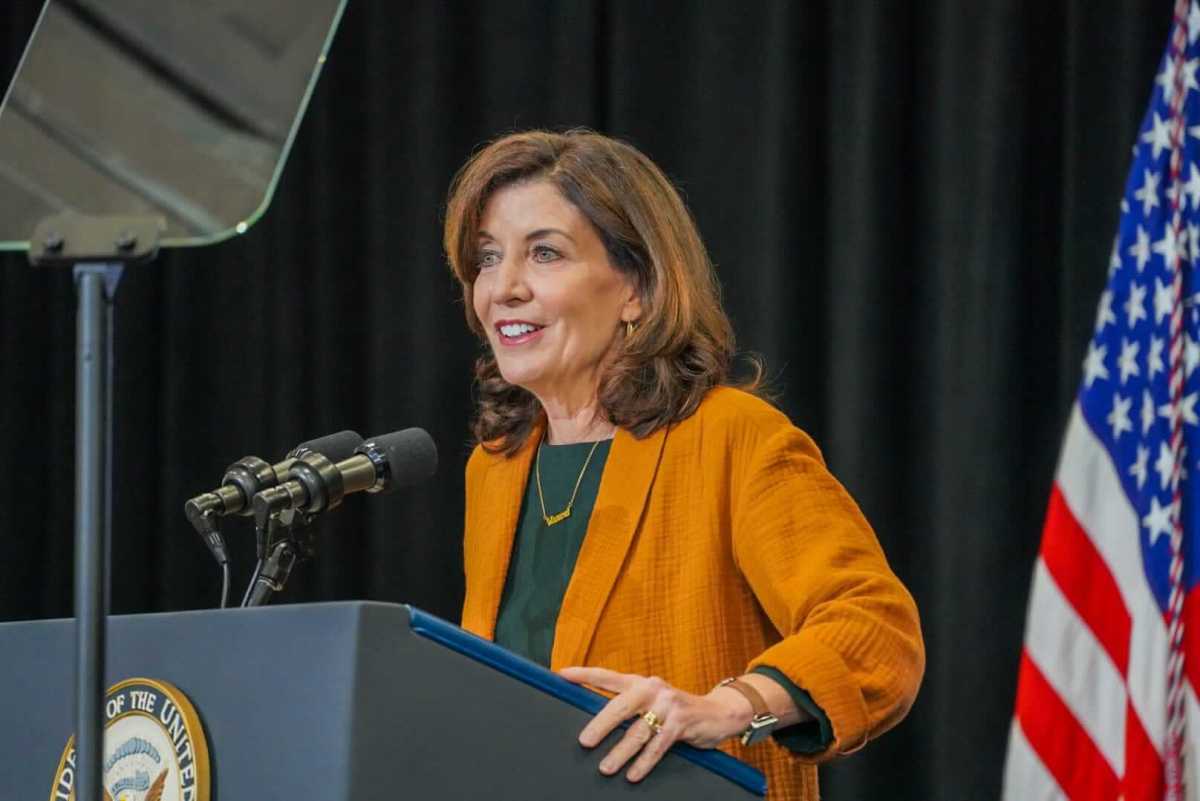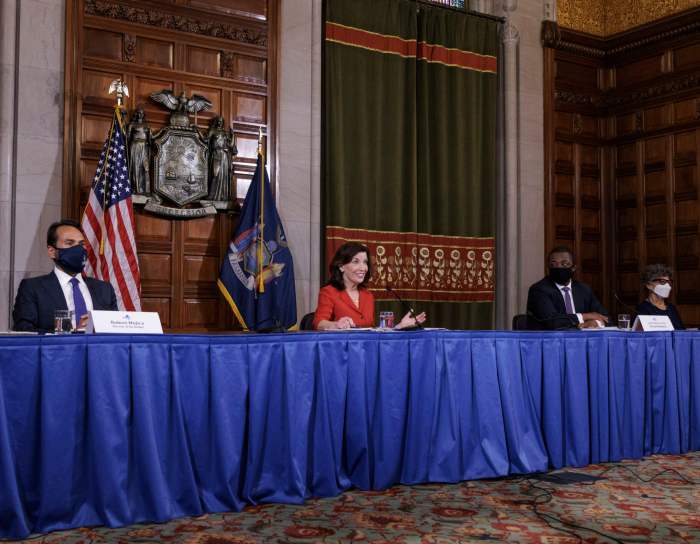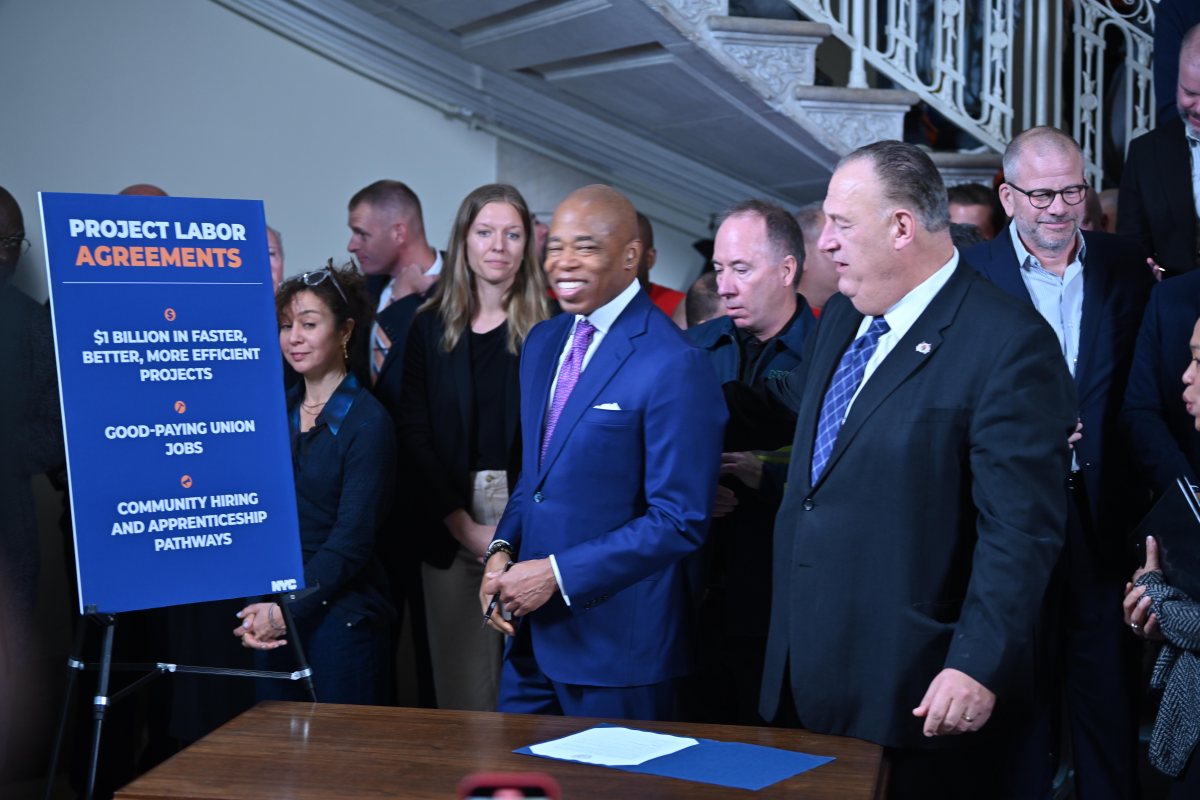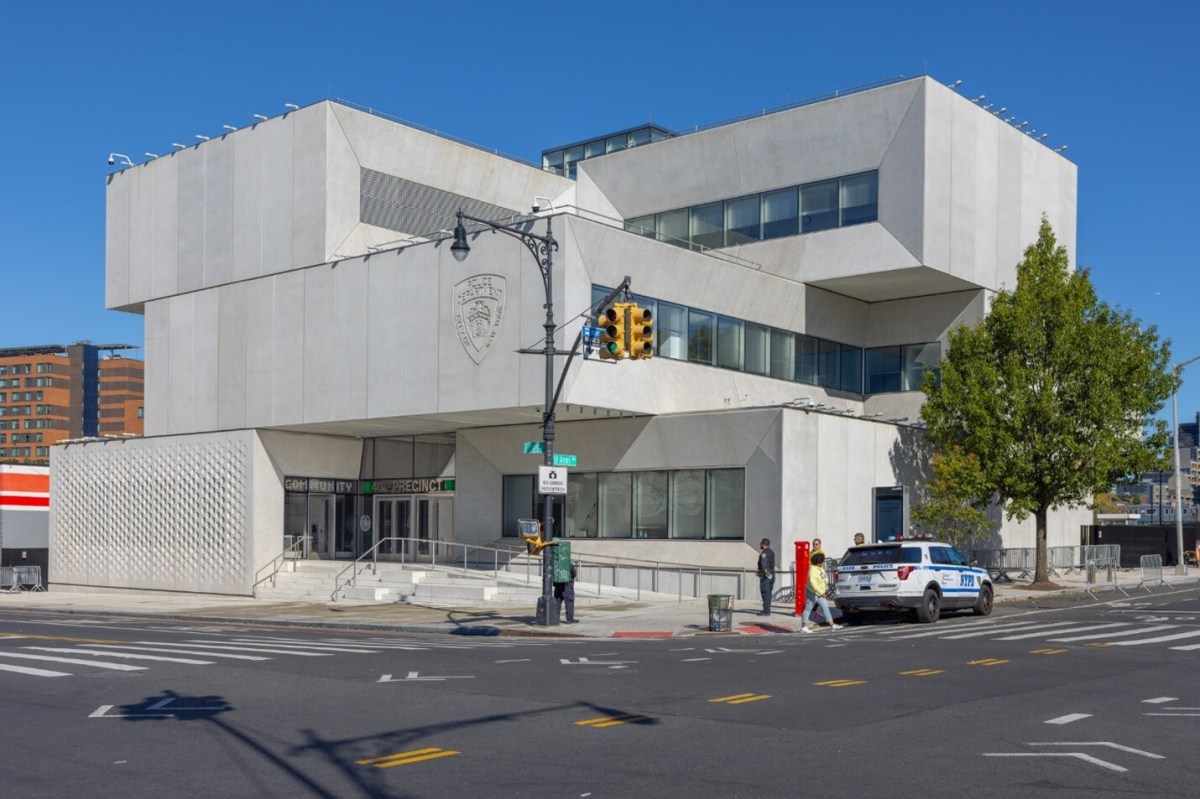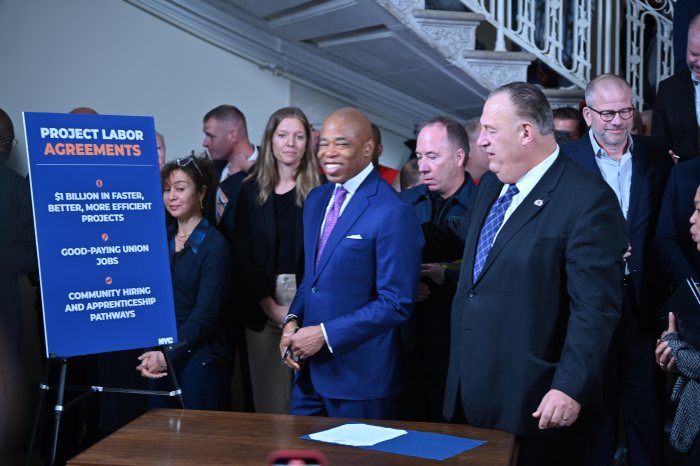Governor Kathy Hochul made her first batch of pardons as governor for the holiday season, granting clemency of just under a dozen older adults, yet only one of whom is currently spending their senior years behind bars.
“No one should be defined by their worst mistake,” Governor Hochul said in a press release after she pardoned 10 individuals along with announcing the creation of a new clemency advisory panel.
On Christmas Eve, Hochul made an executive order securing the official forgiveness of those who have shown a determination to reform their lives after years in confinement and were selected following a special review process. The vast majority of those given clemency were men and women over the age of 50 and either harbored prison records or were on parole.
However, the governor is coming under fire from advocacy group Release Aging People in Prison (RAPP) for only permitting commutation to 55-year-old Roger Cole, the sole person on the list who is still serving time behind bars. According to RAPP, being elderly and living in the system is particularly hard on the body, which is why the group argues more candidates presently incarcerated should have been considered, especially after it was announced that a fifth person died in a New York State prison on Dec. 29th, according to New York State Department of Correction and Community Supervision (DOCCS).
“We grieve for yet another COVID death in New York’s prisons. New York’s leaders must take action before more people die. So far, they are failing incarcerated New Yorkers and their families. Five times more people have died in prison of COVID than been granted clemency by Governor Hochul. Hochul must grant clemencies immediately as a matter of public health. At the same time, we need the Governor and legislative leaders Andrea Stewart-Cousins and Carl Heastie to pass the Elder Parole and Fair & Timely Parole bills to provide meaningful pathways to release consideration,” said Jose Saldana, Director of the RAPP Campaign.
Many of those grated a clean slate were originally arrested on drug and assault charges but have been striving to make a positive impact on their communities in the years since. Thanks to a pardon, those not originally hailing from the United States will be permitted to remain in the country with their loved ones.
Hochul’s office has previously told amNewYork Metro that she is committed to improving justice, fairness, and safety in the criminal justice system, and in doing so it granting clemency is a very meticulous process.
Currently, the Executive Clemency Bureau (ECB) assists the governor on this matter, helping to compile and process on a continuous basis to help determine eligibility based on the governor’s criteria–each circumstance is taking into consideration including the offense, program participation, achievements while confined, and any other additional information provided by the applicant that showcases rehabilitation. Once the applications have been vetted, they are sent to the Governor’s office for review and potentially receive clemency.
Hochul announced that she hopes to create a more transparent process, allowing for bwtter communication between applicants on their status. In doing so, she will be taking steps in reforming the executive clemency program and adding resources so that it can be granted on a rolling basis rather than once a year.
“As Governor, I have a unique and solemn responsibility to carefully use the power of clemency to address individuals in the criminal justice system who have made mistakes and have taken extraordinary steps to rehabilitate themselves,” Governor Hochul said. “I am granting clemency to these deserving individuals who have exemplified rehabilitation, and I am committed to increased transparency and accountability in this process going forward.”
Additionally, Hochul has had her counsel select an advisory panel to assist on reviewing clemency applications, which will include what she calls impartial experts from the fields of law enforcement, public defense, the judiciary, and clergy, as well as formerly incarcerated people. This advisory board will allow for applications to be reviewed in a more meaningful way, providing enough time and attention so that each applicant receives a fair opportunity to have their voice heard.
In terms of transparency, Hochul feels that whenever she makes acts of clemency, her office will provide year-to-date information on the amount of applications received and the number that have been granted or denied. Applicants will also receive updates twice a year on their status and if supplemental information is needed to support their application.
To help provide more information to those who wish to apply for clemency, the governor’s office say they will work with Executive Clemency Bureau within the Department of Corrections and Community Supervision to provide better guidance on what is needed to highlight their case and how to shed awareness on a change of circumstance that would impact their application.
amNewYork Metro reached out to the governor’s office regarding her decision to grant commutation to one currently incarcerated individual and is awaiting a response.



